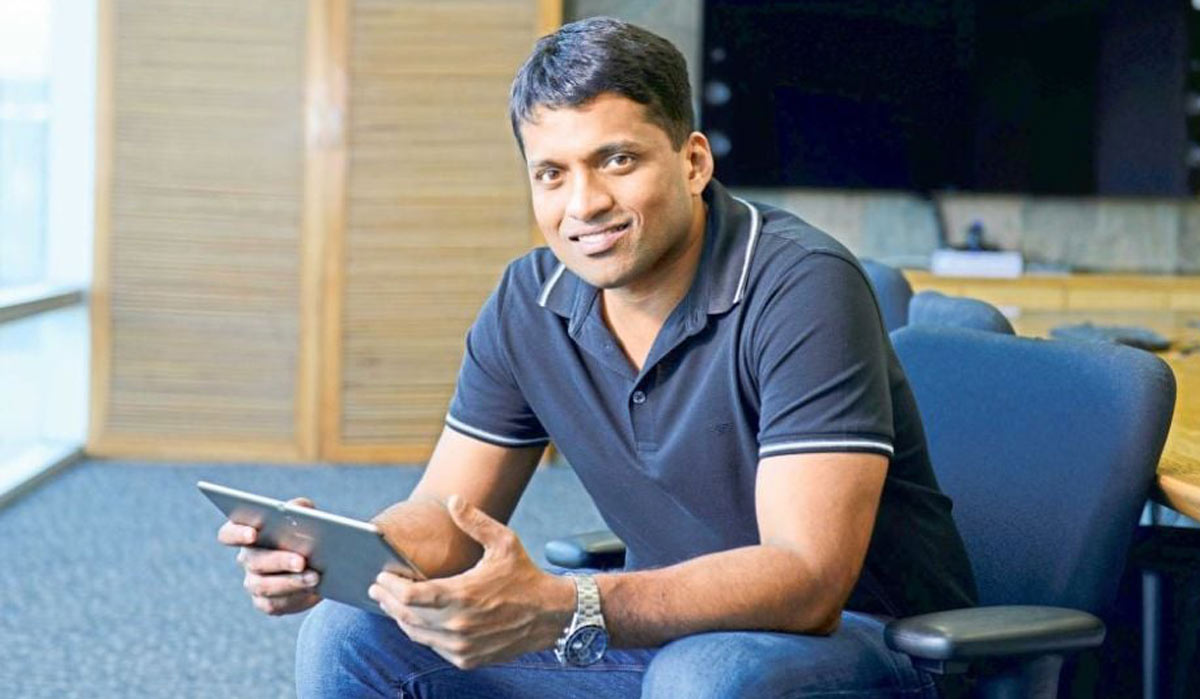Founder of EdTech firm Byju's, Byju Raveendran, filed a caveat before the Supreme Court against its US-based creditor Glas Trust Company LLC over an order passed by the insolvency appellate tribunal, National Company Law Appellate Tribunal (NCLAT). NCLAT passed an order restoring the board of EdTech major after setting aside insolvency proceedings against it.
Glas Trust has opposed the Rs 158.9 crore settlement with the Board of Control for Cricket in India (BCCI) alleging the money paid by Riju Raveendran (brother of Byju Raveendran) was tainted and that it was a case of 'round-tripping', a practice where funds are moved in a circular fashion to obscure their origin.
Now, what does this mean for Byju's and its founder?
There is no doubt that Byju's has been given a temporary respite from the legal process that could force the company into insolvency (bankruptcy). This means the company has more time to address its financial issues and obligations without the immediate threat of being declared insolvent.
“Byju's can use this period to reorganize its finances, settle outstanding debts, and improve its overall financial health. This breathing room is crucial for the company to stabilize its operations. If Byju's fails to comply with the terms of the settlement (such as making the agreed payment to BCCI), the insolvency proceedings could be restarted. This means the company must be diligent in meeting its obligations to avoid falling back into insolvency proceedings,” said Girish Linganna, a space and aerospace expert who also follows the EdTech sector.
Although the insolvency process is paused, Byju's has to deal with other legal and financial challenges, especially those raised by US lenders and investors. These ongoing issues need to be managed carefully to ensure long-term stability.
“As a creditor, Glas Trust has a vested interest in ensuring that Byju's financial transactions are legitimate and that the company is not using questionable funds to settle debts. This is particularly important if Glas Trust is seeking to recover money owed to them by Byju's. Glas Trust had initiated insolvency proceedings against Byju's, which means they are closely monitoring the company's financial activities. They may be concerned that funds used to settle with the BCCI could impact Byju's ability to repay other debts, including those owed to Glas Trust. Broadly, Glas Trust's opposition is driven by concerns about financial transparency, the legitimacy of the funds, and their own interests as a creditor,” noted Linganna.
However, the caveat ensures that the Supreme Court cannot issue any orders without first hearing Byju Raveendran's side. This means that Glas Trust cannot get an order against Byju's without a proper hearing where Byju's perspective is also considered. By filing the caveat, Byju Raveendran is strategically protecting the company’s interests. This move ensures that Byju's will have a chance to present its case before any potentially harmful orders are made.
“The NCLAT order gives an opportunity to the original promoters to give another shot at recovering the company from the current situation to a respectable life. The rationale for EdTech continues to hold strong grounds and hence, the broken pieces can be repaired and some reconfigurations can be carried out if there is a strong intent. Such actions must be coupled with transparent and regular conversations with the lenders and investors to regain trust and faith in the future prospects of the business and the intent of the top leaders. It is a herculean task but not impossible,” pointed out Aditya Narayan Mishra, MD and CEO of CIEL HR.
The resolution of BCCI case has given a respite to the Byju’s management. But that doesn’t mean that Byju's can start with a clean state. “There are still other foreign entities that might state a claim. And even if those are resolved, the key question is, what will remain as the viable residual,” said Alok Shende, of Mumbai based Ascentius Consulting.
Byju Raveendran regains control of Byju's. What next?
US-based creditor Glas Trust opposed Rs 158.9 crore settlement with BCCI

TAGS
Join our WhatsApp Channel to get the latest news, exclusives and videos on WhatsApp
read more
-

DR Congo: Rwandan-backed M23 rebels marching towards Bukavu after fall of Goma
-

Rupee depreciates further as US Fed decides not to cut rates
-

Taylor Swift is ‘taking a step back’ from Blake Lively amid legal battle with Justin Baldoni
-

'Young Indian bowlers need to work on their batting and fielding, Varun Chakravarthy's comeback has been impressive': Ayaz Memon
-

Explained: How quantum cryptography is leveraging principles of quantum mechanics to secure data to prevent financial frauds
*Articles appearing as INFOCUS/THE WEEK FOCUS are marketing initiatives

